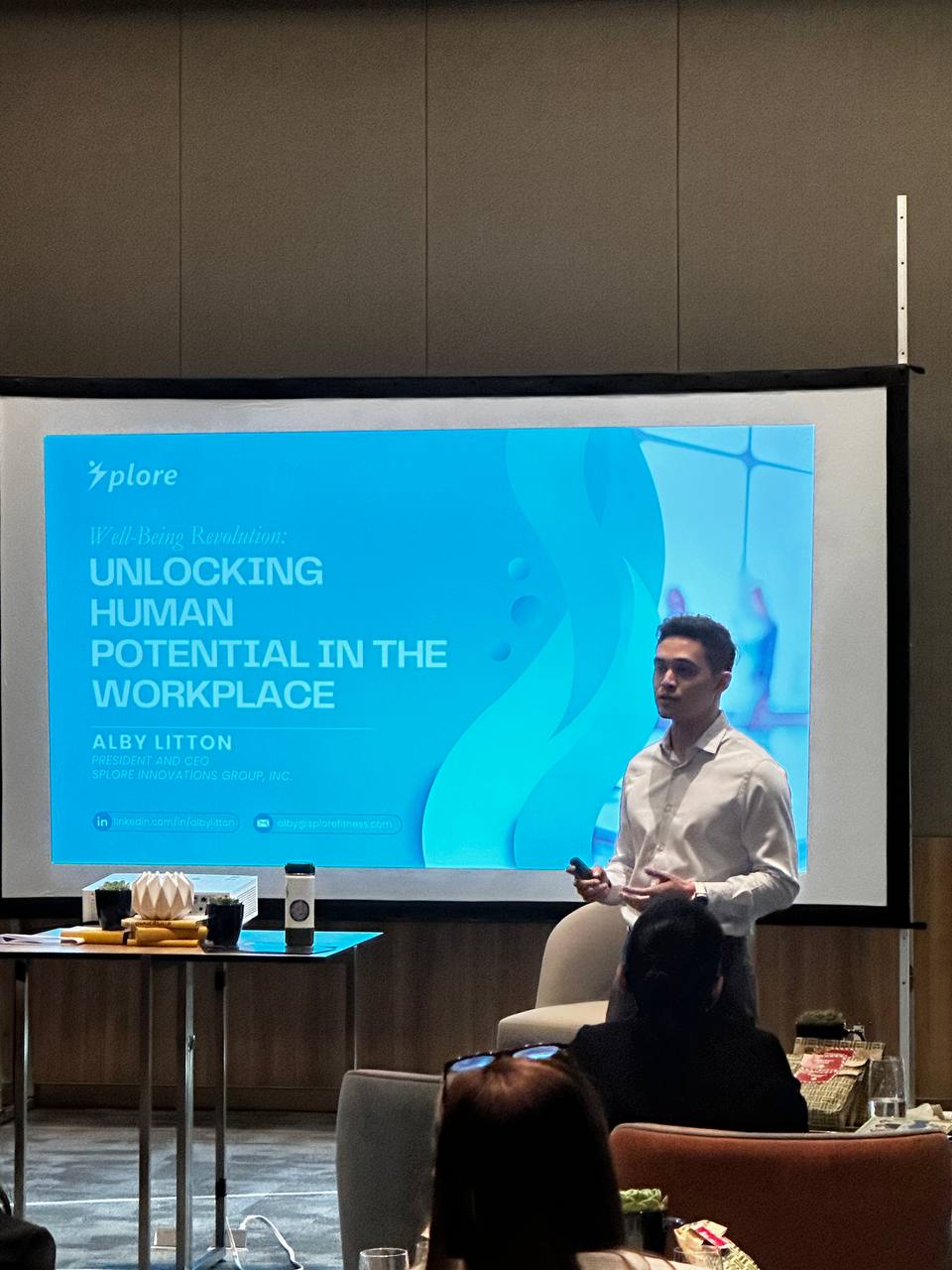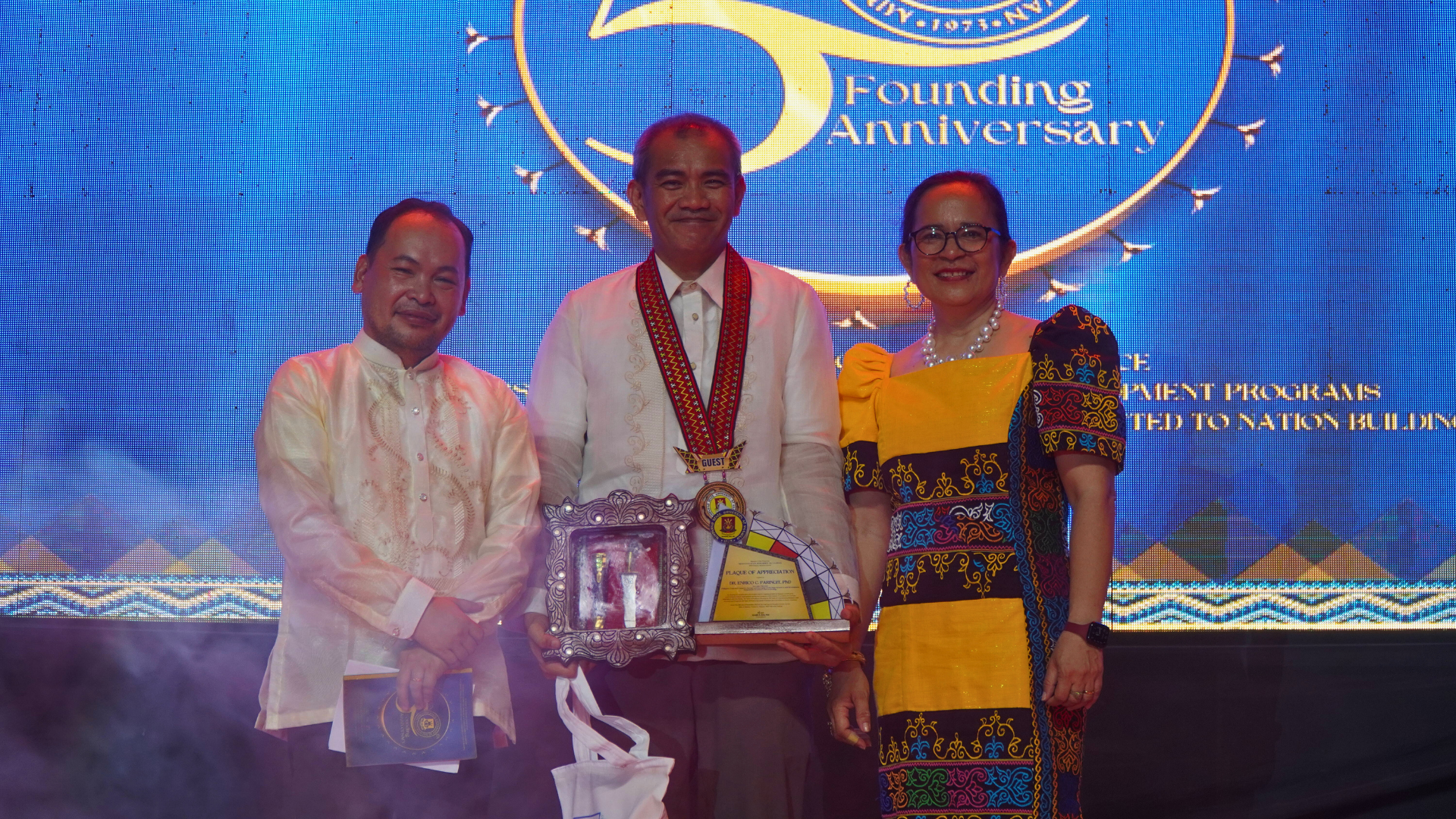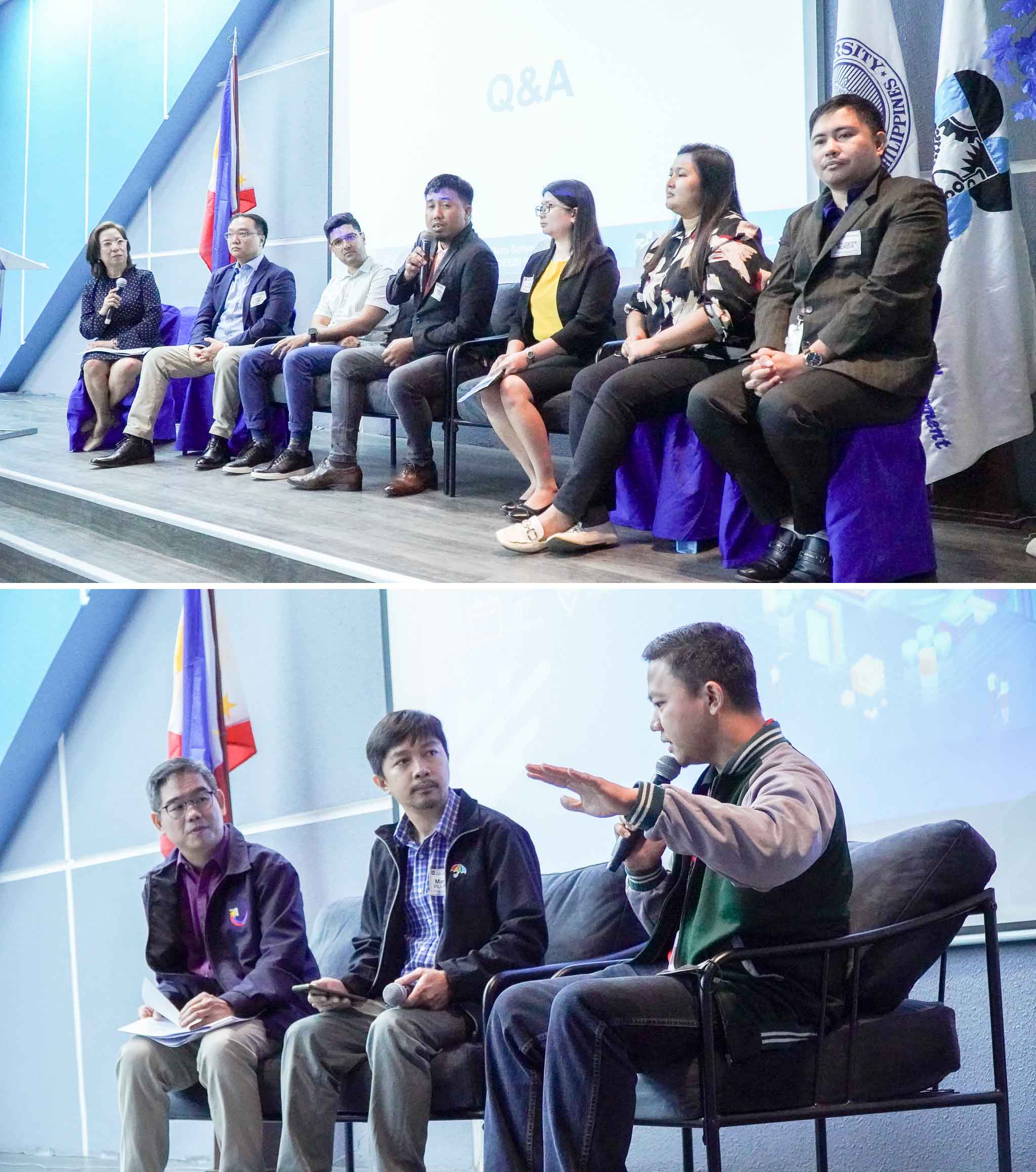With its capacity to digitally automate legal documents such as contracts, agreements, and credentials, the Supreme Court of the Philippines tapped Twala Inc., a funded startup of the Department of Science and Technology - Philippine Council for Industry, Energy and Emerging Technology Research and Development (DOST – PCIEERD) to digitize notarization in the Philippines.
Twala Inc., a next-generation document management startup company, uses blockchain technology in digitizing records and is the first of its kind in the Philippine market.
With P4.5 million fund from DOST-PCIEERD in 2022, Twala Inc. has made significant improvements in their blockchain technology enhancing the security of its digital ID mobile app for both iOS and Android, making it more reliable.
“Investing in digital technology is investing for the future. Twala streamlines the efficiency and security of managing our documents online” DOST-PCIEERD Executive Director Enrico Paringit said. “With Twala, we now have the capability of reducing our carbon footprint while improving the country’s ease of doing business,” he added.
The startup has also developed a new blockchain network which improves digital identity and document security.
Supreme Court’s consultation with Twala Inc. involved discussion on the understanding of global technology standards, best practices, emerging trends like blockchain, cryptography, digital signatures, and artificial intelligence.
The collaboration promises a more efficient and a more secure method of implementing the envisioned electronic notarization by the Supreme Court benefiting both private and public sectors. The regulation for e-notarization is said to be unveiled within the coming year according to Twala’s CEO, Engr. Jeffrey Reyes.
Twala Inc. also established partnership with the Philippine Senate to help them transition from paper-based to online document processes. Senate Secretary Atty. Renato Bantug Jr., and Twala’s CEO Engr. Jeffrey Reyes e-signed a Memorandum of Understanding (MOU) last September.
Moreover, Twala Inc. have collaborated with various agencies such as DOST - Advanced Science and Technology Institute (DOST-ASTI), DOST - Philippine Science High School (DOST-PSHS), Department of Information and Communications Technology (DICT), Construction Industry Authority of the Philippines (CIAP), under the DTI, National Confederation of Cooperatives (NATCCO), and the Organization of Socialized and Economic Housing Developers of the Philippines (OSHDP).
Twala Inc. is said to expand its AI capabilities to complement their existing blockchain technology expertise.
“We will intensify outreach efforts, particularly targeting companies within regulated industries such as banking, finance, education, healthcare, insurance, real estate, and government,” said Reyes.








